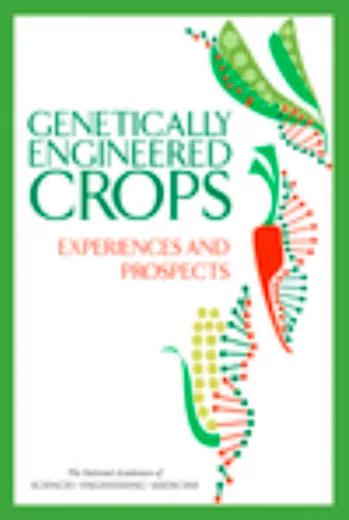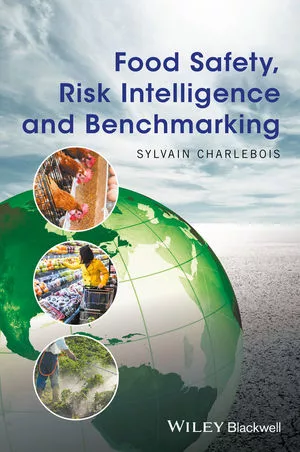Report: Genetically Modified Crops Pose No Health Risks

The National Academies of Sciences, Engineering, and Medicine (NASEM) has discovered that, after extensive research, there is no distinct difference between food crops that are genetically modified (GM) and those that are conventionally grown. Their research also uncovered no clear difference in risks to human health or the environment between the two types of crops.
The study--Genetically Engineered Crops: Experiences and Prospects--focused mainly on corn and cotton crops since they are the ones that undergo the most GM. Based on chemical analyses of the foods themselves--and on animal feeding analysis--GM crops did not appear to pose any obvious health or environmental risks.
Proponents of GM are satisfied with NASEM’s findings and continue to believe that genetic alteration is beneficial to various sectors--consumers, the farming industry and the overall environment. However, critics are still skeptical because crops that have been GM fail to yield more food, which is a disadvantage for one of the today’s most prevalent problems--world hunger.
The report briefly touches on the controversial topic of GMO labeling, stating that labels are not necessary for safety purposes, but they can be helpful to consumers for other reasons. There is also brief mention of how consumers might be impacted by higher costs due to labeling and whether or not consumers who want to avoid GM foods would be able to afford them. The report also does not provide a firm answer on any possible link between cancer and glyphosate--an herbicide used to kill weeds.
NASEM’s research comes just as a number of major food companies are beginning to distribute food products and packages that display labels disclosing the presence of GM ingredients. Some of those companies include Dannon, Del Monte, Con Agra, General Mills, Campbell Soup, Kellogg’s and Mars.
NASEM’s 400-page report was written by a committee of 20 experts, primarily academians. No one in the field of biotechnology was apart of the committee, however, it is possible that some members may have acted in a consulting capacity for companies that perform or support genetic engineering. The committee’s research included the review of more than 1,000 studies, testimony from 80 experts and 700 comments submitted by the public.
NASEM is comprised of private, nonprofit institutions that provide expert advice on some of the most pressing challenges facing the nation and the world. Their work “helps shape sound policies, inform public opinion, and advance the pursuit of science, engineering, and medicine.”
Sign up for Food Safety Magazine’s bi-weekly emails!
Looking for quick answers on food safety topics?
Try Ask FSM, our new smart AI search tool.
Ask FSM →








